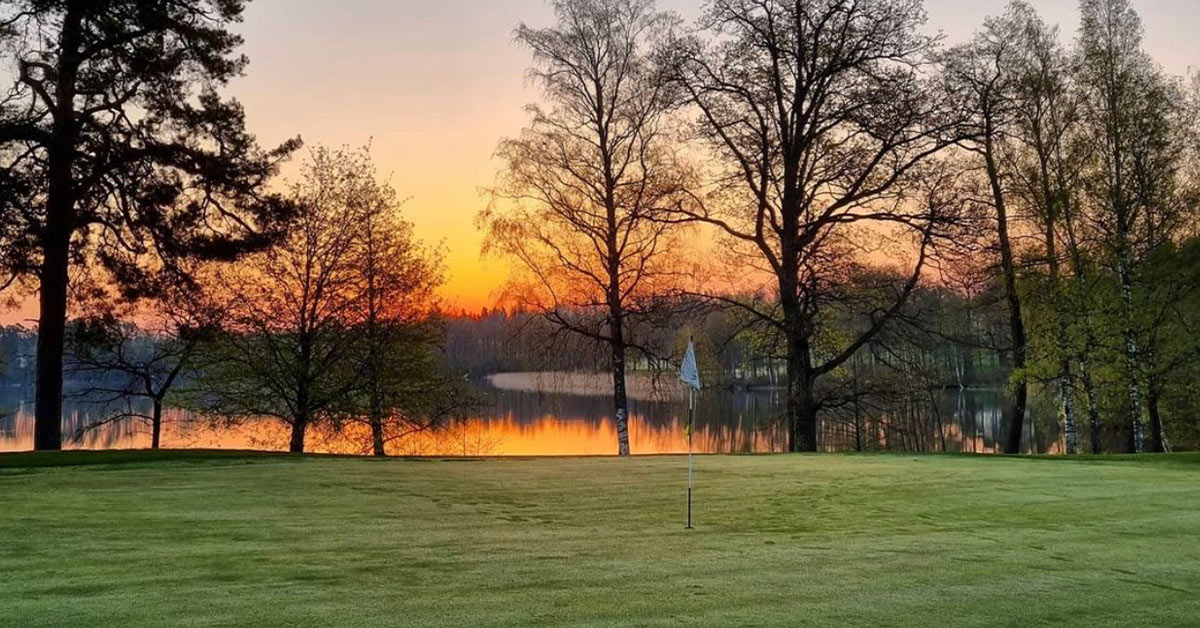Importance of exercise for the aging population
This time we will look into what the challenges of an ageing population are for society. Do you know if today’s seniors are more functional than they used to be?

This time we will look into what the challenges of an ageing population are for society. Do you know if today’s seniors are more functional than they used to be?
As the percentage of the ageing population grows, prevention of chronic diseases, maintaining the ability to function and retaining physical activity cause challenges for society. These challenges have a significant impact on public health at the individual and population levels. Studies have shown that, as life expectancy increases, over 65-yead-olds’ number of years of functional ability has grown. However, from society’s point of view, it is important to add to the number of healthy life years as well. The definition of health is not only about how many diseases an individual has or does not have. It is about a multidimensional whole that includes aspects of physical, mental and social health, among others.
It is natural to think that physical activity and the amount of physical exercise would be connected to the amount of free time one has. Many find it difficult to combine regular physical exercise with the already hectic working and family life. Usually, at the latest, people get more free time when they retire. This is also when the effect of physical activity and regular exercise becomes more emphasized. Yet, 75 % of Finnish pensioners do less endurance exercise than recommended, which means that the majority of over 65-year-olds does not exercise enough from the point of view of self-contained functional ability. Regular physical activity and exercise throughout adulthood are linked to lower deterioration of physical performance and incidence of mobility problems among the elderly. This is why it is important to promote physical activity through life so that physical activity and self-contained ability to function could be maintained as far as possible until old age.
Active lifestyle sustains good cognitive and physical abilities to function also among the elderly. In addition, an active lifestyle is connected to satisfaction with life and experienced wellbeing. Sufficient physical activity and hobbies offer the elderly the possibility to make their quality of life better. The physical, mental and social health effects offered by regular exercise can help senior citizens to stay active, participate in community activities and thus also better maintain physical activity.
No matter how old you are, free-time activities offer a chance to meet the psychological individual basic needs in addition to physical activity. Hobbies are often an important part of social activity for all age groups, but their importance might be emphasized in different life situations if other social contacts are limited. The importance of free-time activities at the individual level is often great since they offer, among other things, a social network and possibilities for lifelong learning together with improving skills. To secure and enhance the exercise habits of the elderly, especially, new forms of exercise and hobbies that are suitable for them should be discovered in addition to conventional walking.